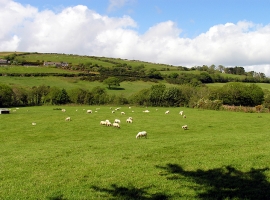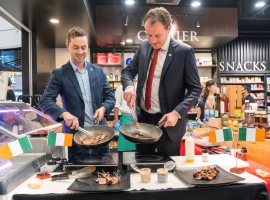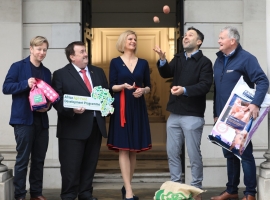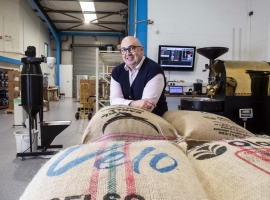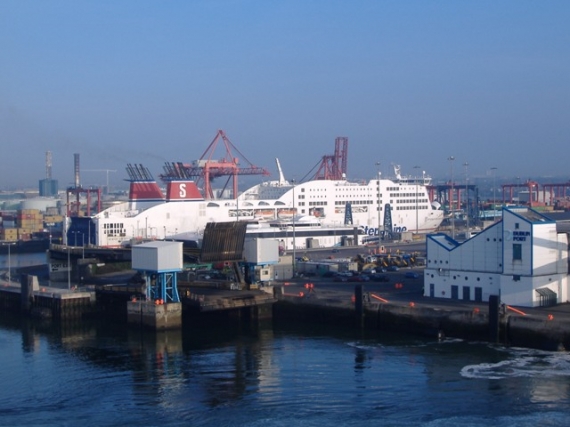
Irish MEP, Brian Hayes has today warned that the worst-case scenario outcome from Brexit would mean disastrous World Trade Organisation (WTO) tariffs for Irish exporters.
Mr Hayes said the implications are "huge" for various Irish business sectors, particularly agri-food, dairy and clothing.
Under the EU’s external trading arrangements with WTO countries, dairy products are subject to an average bound tariff of 35.5%, animal products are subject to an average bound tariff of 16.9% and clothing products are subject to an average bound tariff of 11.5%
The MEP warns that the worst-case scenario means that the EU and UK don’t come to any agreement, there is a cliff edge effect and WTO tariffs go up between the EU and the UK immediately.
Speaking today, Brian Hayes said, "Think of the impact that such high tariffs could have on our agri-food sector that represents 7% of our GDP and around 150,000 jobs. 47% of all our agri-food and drink exports went to the UK in 2015."
He added, "It would also be a disaster for our imports - Ireland imported more than £3 billion worth of food and drink goods from the UK in 2014."
The politician has urged the government to start working on contingency plans in the event that Irish exporters to the UK are suddenly hit with WTO tariffs after Brexit.
Source: www.businessworld.ie


